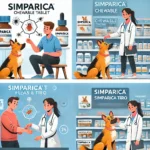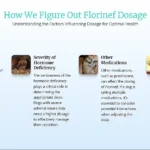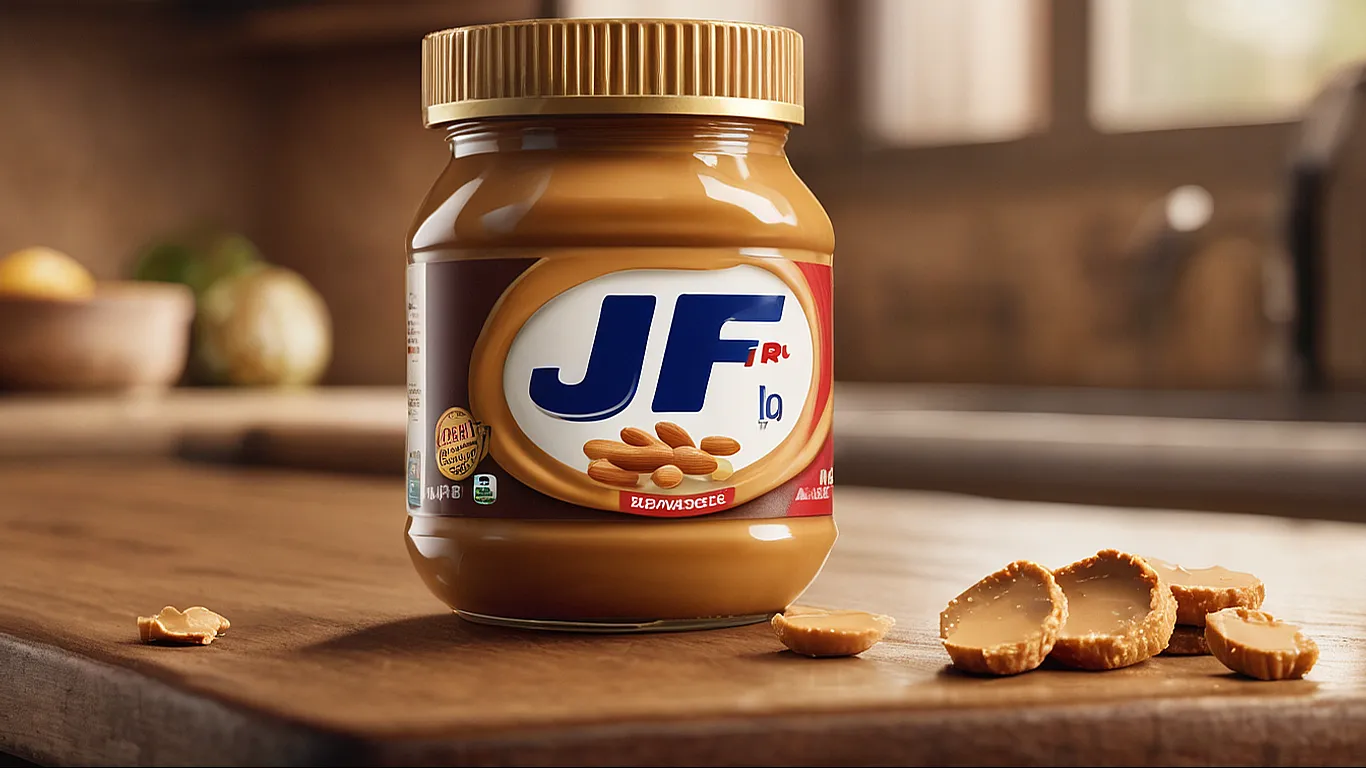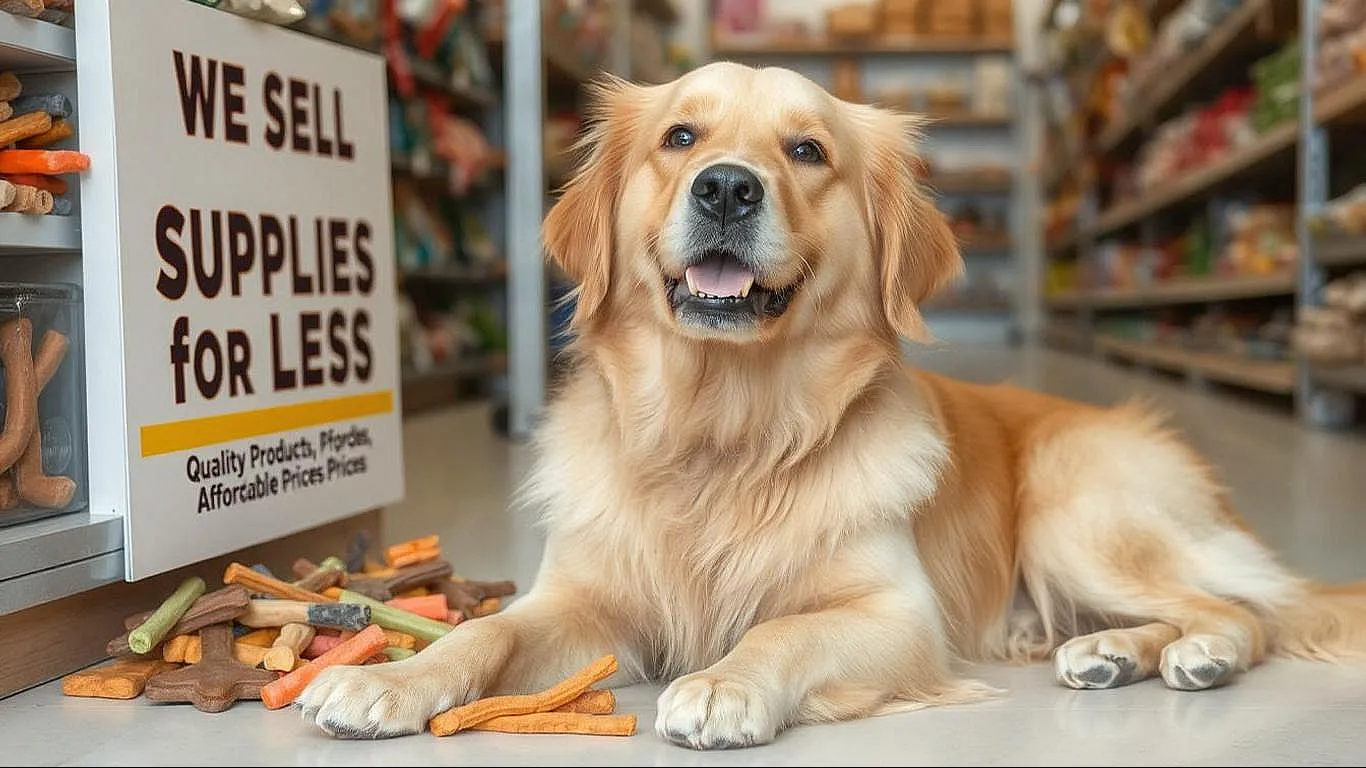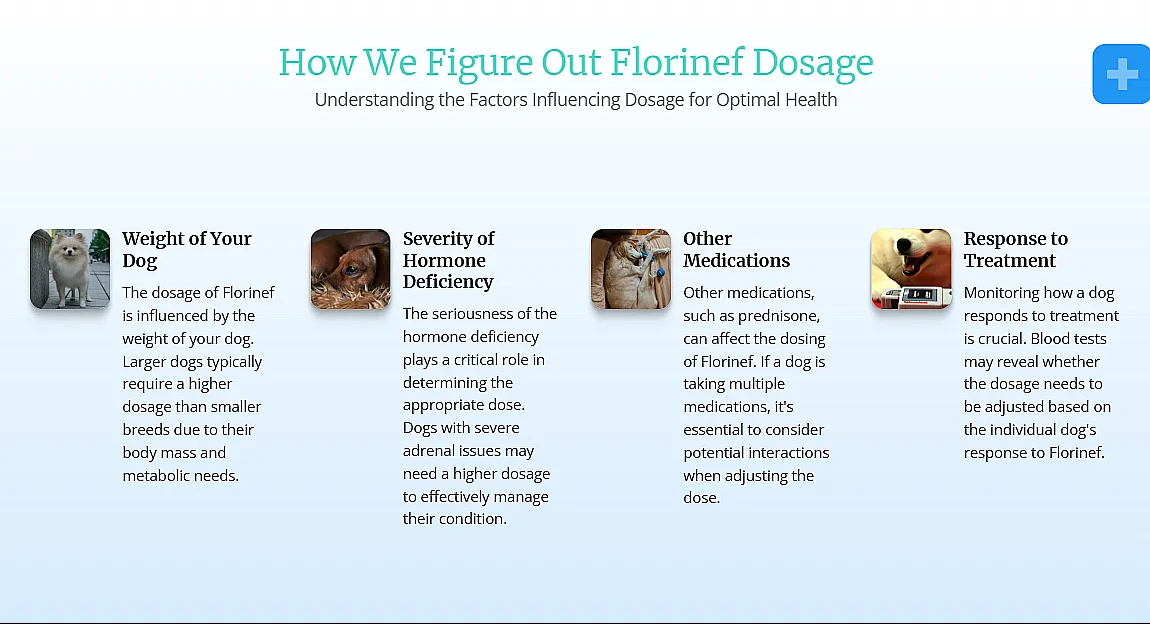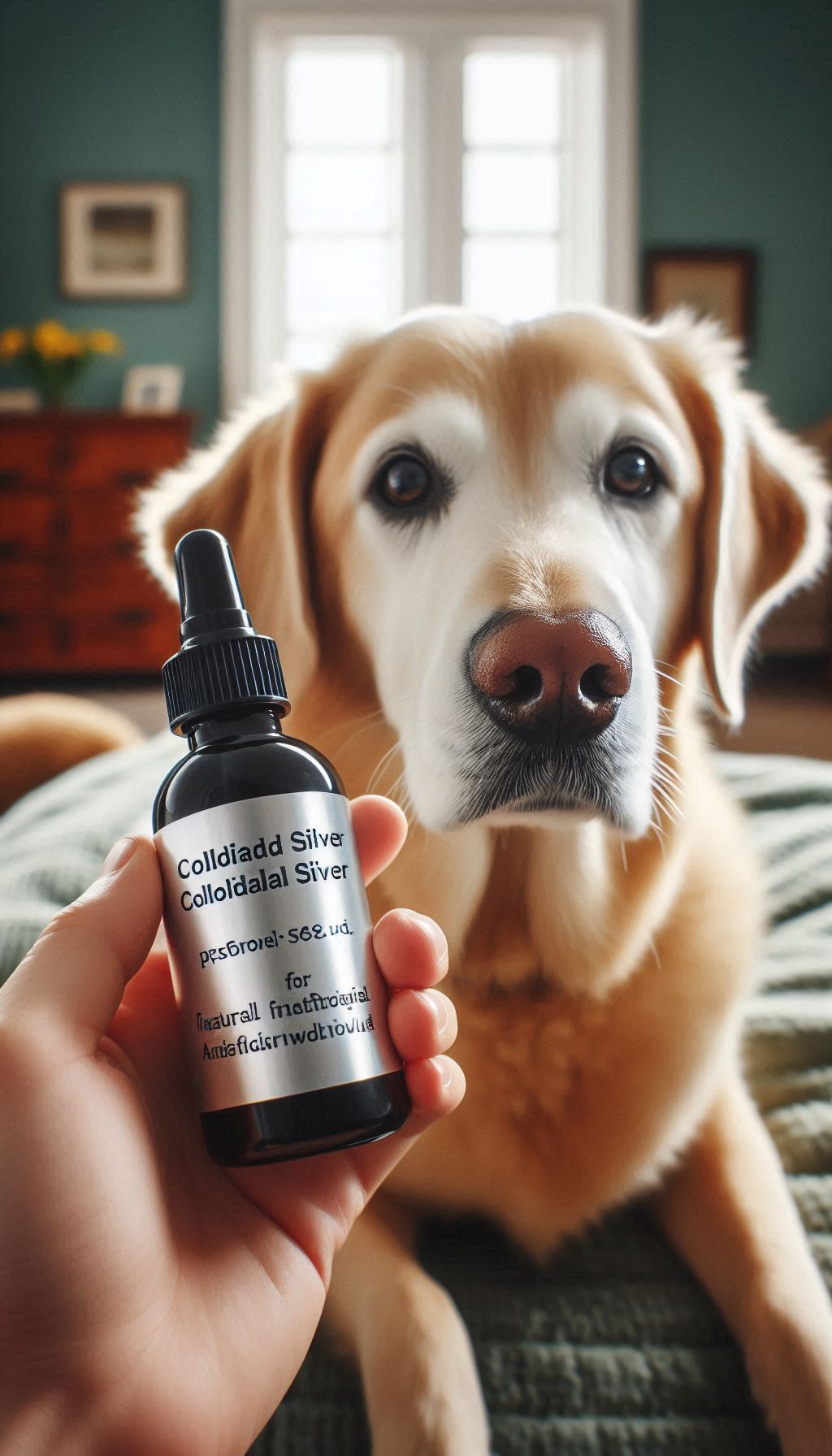When it comes to rewarding pets, especially dogs, with a tasty treat, many pet owners reach for peanut butter. However, not all peanut butter is created equal in terms of canine safety. It’s crucial to choose brands free from harmful additives like xylitol.
What is Jif peanut butter?
Jif is a popular brand of peanut butter that’s been stocked on grocery store shelves for decades. Known for its creamy texture and rich flavor, Jif peanut butter has become a staple in many households. Notably, this brand of peanut butter is free from xylitol, a sweetener that is toxic to dogs. Hence, Jif is an excellent choice for owners looking to give their canine companions a peanut butter treat.
Is peanut butter safe for dogs?
Certainly, peanut butter can be safe for dogs as long as it does not contain the toxic sweetener xylitol and is given in moderation. Brands like Jif, Skippy, and Smucker’s are some of the popular options that do not include xylitol and are thus deemed safe for dog consumption. Feeding dogs these peanut butter brands should pose no health risks, provided they are offered as an occasional treat rather than a dietary staple.
<h2>Understanding Doggy Dietsh2><h3>What should a dog's diet consist of?h3>Primarily, a dog's diet should be balanced and formulated to meet its specific nutritional needs. Veterinarians emphasize that canine diets should include:- A good quality protein source, such as chicken, beef, or lamb- Carbohydrates for energy, from sources like rice and vegetables- Essential fatty acids, often derived from oils and meats, to support skin and coat health- Vitamins and minerals which are crucial for metabolic functionsThese components should be present in the right proportions to ensure a healthy and active lifestyle for dogs of all ages and breeds.<h3>Can dogs eat human food?h3>While dogs can eat certain human foods, it's imperative to limit their intake to those that are safe and provide nutritional benefits. Safe human foods for dogs typically include:- Some fruits and vegetables, like carrots, apples, and pumpkin- Cooked grains like rice and quinoa- Plain cooked meats without added seasoning and fatsIt's always advisable to consult with a veterinarian to understand the appropriate serving sizes and frequency for including human foods in a dog's diet. Additionally, owners should always check the ingredients list for harmful substances like xylitol when considering store-bought items like peanut butter. Remember, moderation is key to ensuring the health and well-being of your beloved canine.The Dangers of Xylitol
What is xylitol?
Xylitol is a sugar alcohol used as a sweetener in many products. Its popularity comes from the fact that it has reduced caloric content compared to sugar and does not spike blood sugar levels, making it a preferred choice for diabetics. Additionally, xylitol is known for its dental benefits in humans, as it can help reduce the risk of tooth decay and cavities.
Why is xylitol harmful to dogs?
Despite its benefits for humans, xylitol is extremely toxic to dogs. When ingested by dogs, xylitol can lead to a rapid release of insulin, which causes a severe drop in blood glucose (hypoglycemia). This can occur within minutes to hours after consumption and can be life-threatening. Symptoms of xylitol poisoning in dogs include vomiting, weakness, lack of coordination, seizures, and coma. In severe cases, it can also lead to liver failure. Due to these risks, dog owners are strongly urged to check the labels of peanut butter and other products for xylitol and to opt for xylitol-free brands to ensure their pets’ safety.
Evaluating Jif Peanut Butter
Does Jif peanut butter contain xylitol?
In response to concerns from dog owners, it is important to note that Jif® brand peanut butter products do not contain xylitol. Xylitol is a sugar substitute that is toxic to dogs, but it is not an ingredient in Jif® peanut butter. The absence of this harmful sweetener makes Jif a potential option for dog owners looking for a peanut butter treat for their pets. However, it is crucial to consult with a veterinarian to ensure that any human food, including Jif® peanut butter, is safe for an individual dog’s diet and health.
The absence of sugar and salt in Jif peanut butter
While discussing the safety of Jif® Creamy Peanut Butter for dogs, understanding the product’s content beyond xylitol is imperative. It’s known for its smooth, creamy texture and the fresh-roasted peanut taste, which is appealing to many peanut butter enthusiasts. However, the company’s statement regarding the absence of xylitol does not address other ingredients that may affect a dog’s health, such as sugar and salt content. Therefore, the best practice when considering peanut butter for dogs is to carefully review all ingredients and, more importantly, seek professional guidance from a veterinarian familiar with the specific health needs and dietary restrictions of the pet.
Benefits of Jif for Dogs
Jif’s suitability for doggy consumption
Jif peanut butter is regarded as suitable for dogs, primarily because it lacks xylitol—a sweetener that is harmful to dogs. For dog owners looking to treat their pets, Jif can be a safe choice in moderation. When feeding dogs peanut butter, or any human food, calibration and a thorough understanding of a dog’s health needs are essential. The ingredients in Jif peanut butter make it a relatively safer option compared to other peanut butter brands that might include additives detrimental to a dog’s health.
Jif peanut butter as a source of healthy fats for dogs
Apart from being free of xylitol, Jif peanut butter contains healthy fats that can be beneficial to dogs. Healthy fats are necessary in canine diets as they contribute to the health of skin and fur, and support overall well-being. Dogs can enjoy the occasional spoonful of Jif as part of a well-rounded diet, taking advantage of the nutrients within without being exposed to dangerous ingredients. Nonetheless, it is vital to ensure that these treats are offered in small quantities to prevent issues such as weight gain and to maintain a balanced diet.
How to Feed Jif Peanut Butter to Dogs
Feeding Jif peanut butter in controlled amounts
Incorporating peanut butter, such as Jif, into a dog’s diet, should be done with caution. Although Jif does not contain xylitol, moderation is key. Experts often recommend limiting peanut butter intake to a few teaspoons per day, depending on the size of the dog. Overfeeding can lead to obesity and other health issues. It is also critical to check the specific Jif variant, as some may have added sugars or salt which are not ideal for canine consumption. Always ensure that dogs have access to fresh water, especially when consuming peanut butter, which can be thick and sticky.
Tips for introducing peanut butter to dogs
When introducing peanut butter to dogs for the first time, dog owners should start with a small amount to gauge their pet’s reaction. It’s essential to observe for any signs of allergies or digestive upset. For ease of eating, peanut butter can be stuffed in toys, making it a playtime treat. Additionally, dog owners must check the label of the peanut butter to avoid any ingredients that could harm their pet, including chocolate or excessive sweeteners. Rotating treats and not relying solely on peanut butter for rewards ensures a balanced diet and prevents overconsumption.
Other Peanut Butter Brands to Consider
Are there other safe peanut butter options?
Besides Jif, other popular peanut butter brands such as Skippy, Smucker’s, and Peter Pan are also deemed safe for dogs. These brands do not contain xylitol, a sugar substitute that is toxic to dogs. However, dog owners should remain vigilant and always read ingredient labels. Every brand has its own recipe, which may include added sugars, preservatives, or additional ingredients that may not be healthy for dogs. Moderation is crucial, and peanuts in their natural form can be a safe snack for dogs in controlled amounts.
Comparison between Jif and other peanut butter brands
- Jif: No xylitol, widely available, may contain added sugars and salt.
- Skippy: Xylitol-free, also widely available, similar considerations regarding sugar and salt.
- Smucker’s: Does not contain xylitol, known for a variety of flavors, important to choose natural or simple varieties.
- Peter Pan: Free from xylitol but may have added sweeteners and preservatives.
While it’s true that these brands are generally considered safe, it is the responsibility of pet owners to ensure the specific variant selected is appropriate for their dog’s healthy diet. Regularly checking the nutritional information and moderating portion sizes should be part of feeding any human food to pets.
Common Concerns and Myths
Addressing common concerns about feeding dogs peanut butter
When it comes to feeding dogs peanut butter, pet owners often worry about the potential health risks. The main concern revolves around the inclusion of xylitol in some peanut butter brands. Consumed by dogs, this sugar substitute can lead to hypoglycemia, seizures, and even liver failure. Another worry is overfeeding, which could result in obesity due to peanut butter’s high-fat content. It’s crucial that dog owners give peanut butter—in absence of xylitol—sparingly and as an occasional treat rather than a regular diet staple.
Dispelling myths about peanut butter and dogs
Myths surrounding the feeding of peanut butter to dogs frequently circulate among pet owners. Some believe that all peanut butter is toxic to dogs, which is inaccurate. Peanut butter without xylitol is safe for dogs when given responsibly. Another myth is that peanut butter can help relieve a dog’s upset stomach. While peanut butter is not inherently harmful, it is not a cure for digestive issues and should not be used as such. Owners should always consult with their veterinarian when their dog exhibits gastrointestinal discomfort.
Conclusion
Final thoughts on Jif, Skippy, and Smucker’s peanut butter for dogs
Owners can feel at ease giving their dogs brands such as Jif, Skippy, and Smucker’s, since these products do not contain the harmful ingredient xylitol. However, it is vital to confirm the absence of xylitol by checking the label before sharing peanut butter with dogs. Responsible pet parents recognize that while these brands provide a safe way to treat their furry friends, moderation is key to prevent potential weight gain due to the treat’s high-calorie content.
Promoting safe and mindful feeding practices for dogs
Implementing safe feeding practices involves more than choosing the right brand of peanut butter. It demands an understanding of appropriate portion sizes and the role of treats within a dog’s balanced diet. Educating oneself on canine nutrition and consulting with a veterinarian can guide owners in making informed decisions about supplementing their dog’s diet with treats like peanut butter. This vigilance ensures that treats remain a beneficial addition to a dog’s well-being rather than a health risk.




